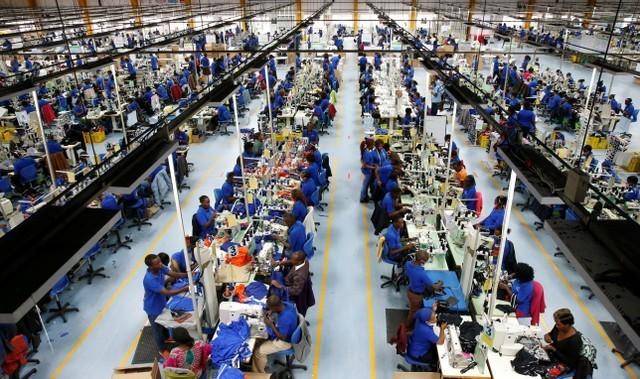Kenya’s Private Sector Activity Falls To Its Lowest Since May Amid Cash Flow Challenges

Private sector activity in Kenya has fallen to the lowest level since May when the purchasing Managers’ Index for manufacturing and services stood at 51.3, a survey reported by Markit economics indicated.
The Stanbic Bank Kenya Purchasing Managers’ Index for manufacturing and services dropped from 54.1 to 52.9.
The survey attributed the drop to a sharp slowdown in output growth which was caused by cashflow problems linked to the backlog of bills from government.
Most companies decry government’s delay in settling bills for goods and services supplied which experts have said leads to an increase in bad debts in the banking sector.
Jibran Qureishi, regional economist for East Africa at Stanbic Bank said; “To ensure inclusivity in economic growth, urgent reforms ought to be conducted on improving accessibility to credit for companies, in addition to a consistent plan by the government to clear arrears owed to the private sector.”
The survey also blamed the cap on commercial lending rates which it said caused credit squeeze.
“In fact, the interest-rate-capping law continues to strangle the private sector and if the law remains in place in its current form, it will only add to the plight of the private sector,” Qureishi said.
At the same time, the report noted that employment in the private sector increased modestly as staff struggled with a high cost of labor and production which limited hiring.
This comes at a time when very many Kenyan firms are conducting mass lay-offs, key among them being Telkom, Stanbic, East Africa Portland Cement, and the East African Breweries.
“Regarding prices, overall input price inflation ticked down to the weakest since April, and selling prices were raised at a slower pace. Looking ahead, output expectations weakened but remained strongly positive,” the survey read.
Featured Image Courtesy: Reuters Africa